 A look at global browser market share data will show that Google’s Chrome browser commands more than half of the browser market (58.4% for January 2017, to be specific). The market share might be even higher among librarians (who have a choice at work). If you’re not a Google Chrome user, these six browser extensions might make you switch.
A look at global browser market share data will show that Google’s Chrome browser commands more than half of the browser market (58.4% for January 2017, to be specific). The market share might be even higher among librarians (who have a choice at work). If you’re not a Google Chrome user, these six browser extensions might make you switch.
We later posted 6 More Chrome Browser Extensions Every Librarian Needs.
If you’ve never considered browser extensions, they are plugins or small applications that add functionality to your browser. Sometimes they work in the background (like Grammarly, below) but usually they work when you click on a small icon that gets added to the browser’s toolbar.
![]()
Google has a huge Chrome Web Store for browser extensions, most of them are free. They offer help to install and manage extensions but for the most part, a single click will install an extension. Sometimes additional configuration options are available.
Here are six Chrome browser extensions every librarian needs.
Continue reading “6 Chrome Browser Extensions Every Librarian Needs”

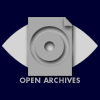 Open Archives Initiative Protocol for Metadata Harvesting (OAI-PMH) specifies how metadata is structured and presented for ingestion by external services, usually on the Internet. OAI-PMH metadata is encoded in extensible markup language (XML) format. OAI-PMH records are harvested using HTTP requests.
Open Archives Initiative Protocol for Metadata Harvesting (OAI-PMH) specifies how metadata is structured and presented for ingestion by external services, usually on the Internet. OAI-PMH metadata is encoded in extensible markup language (XML) format. OAI-PMH records are harvested using HTTP requests.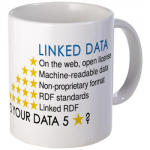 Linked Data is a set of practices which involves the publishing, sharing, and connecting of related data across the Web in a structured format, preferably using an open access license.
Linked Data is a set of practices which involves the publishing, sharing, and connecting of related data across the Web in a structured format, preferably using an open access license.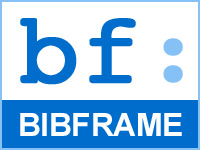 BIBFRAME is a bibliographic framework for the description of physical and online objects to make them accessible on the Web by using a standard Linked Data model. It is a replacement for MARC.
BIBFRAME is a bibliographic framework for the description of physical and online objects to make them accessible on the Web by using a standard Linked Data model. It is a replacement for MARC.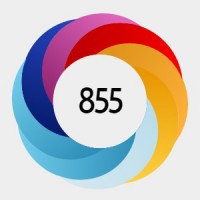 Altmetrics are “alternative metrics” to measure the influence and reach of scholarly output on the Web through peer-review counts, influential news sites and blog posts, citation manager bookmarks such as Mendeley, Wikipedia citations, and social media mentions on sites such as Twitter and Facebook.
Altmetrics are “alternative metrics” to measure the influence and reach of scholarly output on the Web through peer-review counts, influential news sites and blog posts, citation manager bookmarks such as Mendeley, Wikipedia citations, and social media mentions on sites such as Twitter and Facebook.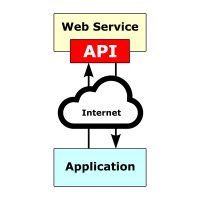 API stands for Application Programming Interface which allows external applications to access software or Web services data, in the latter case by using HTTP request messages, for recombination (mashup) or custom presentation by the external application.
API stands for Application Programming Interface which allows external applications to access software or Web services data, in the latter case by using HTTP request messages, for recombination (mashup) or custom presentation by the external application.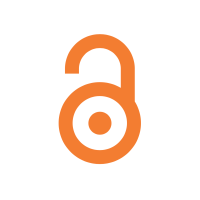 We continue our celebration of
We continue our celebration of 
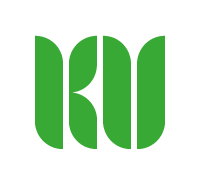
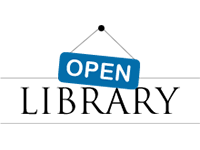
 The
The  Add
Add